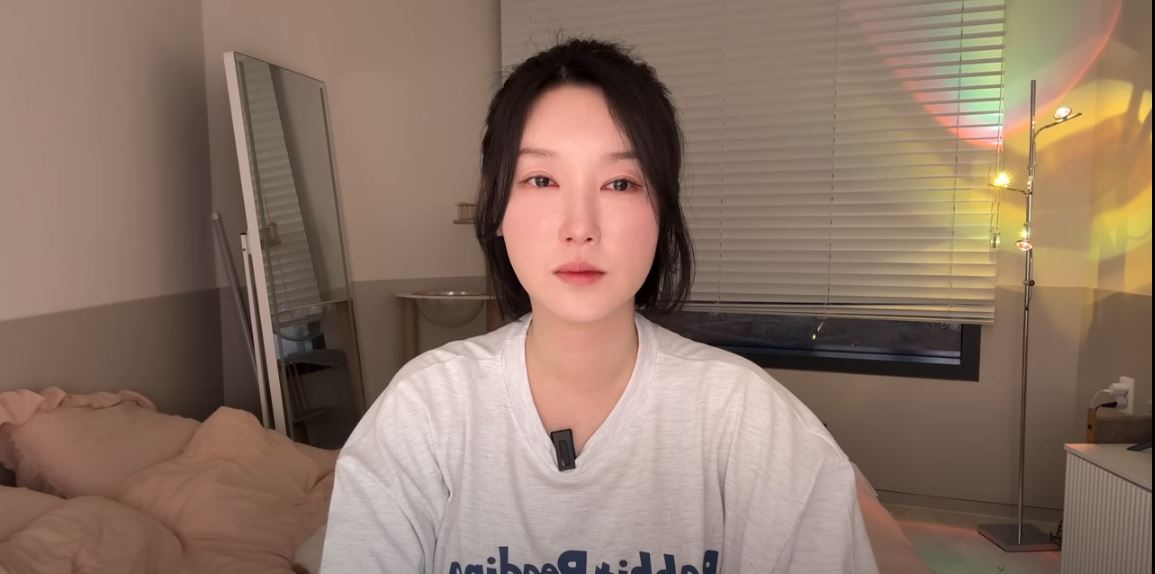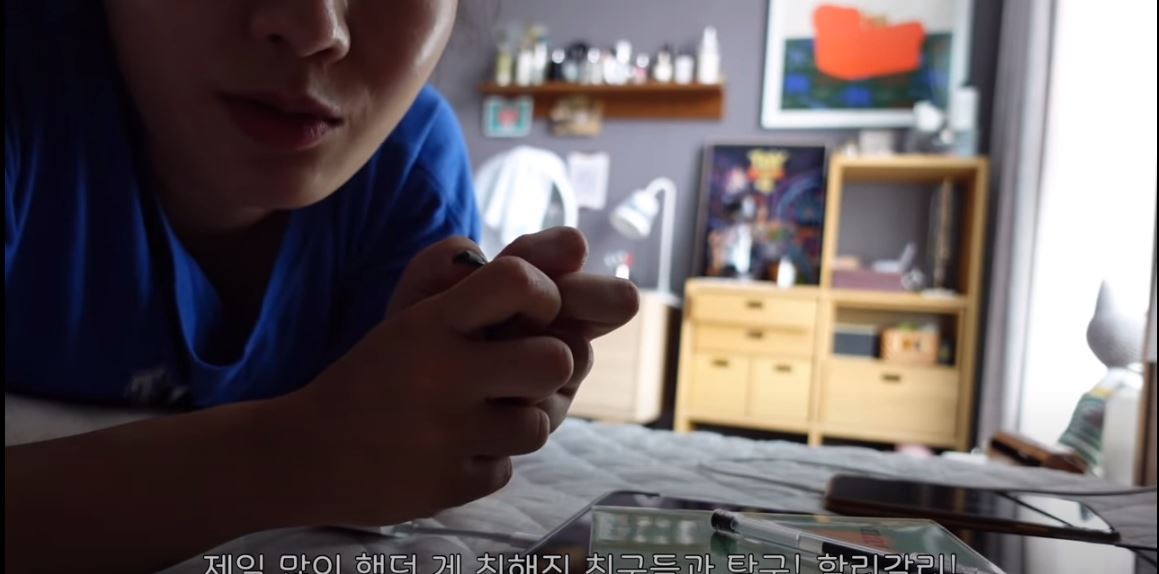[Newsmaker] Crime victims, socially stigmatized open up on YouTube
Platform provides a voice and the courage for them to speak out, but beware the risks of publicity, warn experts
By Jung Min-kyungPublished : March 6, 2023 - 15:43
Ondoni Ssem was previously just another popular fitness instructor on YouTube. But her online identity changed overnight when she uploaded a video late last month.
In the video, she revealed herself to be the sole survivor of an infamous familicide that happened in Seoul’s satellite city of Yongin in 2017, in which her stepbrother killed her father, stepmother and younger brother.

With her confession, the YouTuber with over 200,000 subscribers joined a growing group of individuals who are finding their voices on YouTube, despite the social stigma surrounding them.
“The real reason I became a YouTuber in 2019 was to shed light on the familicide,” the YouTuber whose real surname is Jeon told The Korea Herald on Wednesday. Her initial thought was that if she were to become famous on YouTube, she would be able to use the platform to help bring justice to her father, who was brutally murdered.
The killer, convicted of three counts of murder, is now serving life in prison.
“I uploaded the recent confession video in the hopes that it would heal my depression,” Jeon said. Since the tragedy, she has been battling depression. But YouTube has slowly become an outlet for her to communicate with the world, she added.
Late last year, another YouTuber going by the name of "Today’s dduk ddark" shared her battle with depression and bipolar disorder. She even uploaded a vlog from a closed ward at a psychiatric hospital where she had admitted herself.

Refuting longstanding stereotypes here that closed wards are places with dark corridors and where the patients must wear straitjackets, she described it as a “warm and friendly environment where everyone dined together and played board games and ping pong.”
Another YouTuber, PTSD Eunny, who started her channel early last year, has shared her experience as a rape victim. Reflected in the name of her channel, she says that she suffers from post-traumatic stress disorder.
Confessions of the stigmatized
Crime victims and those with mental illnesses share at least one thing in Korea: They suffer from societal stigmatization.
A 2021 survey by the Ministry of Health and Welfare involving 5,511 Koreans aged 19 and above showed that 27.8 percent of the respondents or 1 in 4 individuals either suffer or have suffered from a psychiatric disorder. But only 12.1 percent of the individuals said they received treatment due to fears of being stigmatized.
This situation is often tied to the nation’s high suicide rate. For Koreans under the age of 40, the most common cause of death is suicide, a Statistics Korea data released in 2022 showed. On average, 37 people took their own lives per day in South Korea in 2021, which is the largest number among the member states of the Organization for Economic Co-operation and Development (OECD), data showed.
Social stigma often compels victims of crimes, especially those involving familicides or sex crimes, to go into hiding or relocate to a new neighborhood. This is why Korean TV usually alters their voices and covers their faces.
However, Kwak Geum-joo, a psychology professor at Seoul National University, sees signs of progress with victims now having an avenue to come forward on YouTube.
"It's a positive indication that attitudes towards crime victims and mental illness are gradually changing in Korea," Kwak said in a phone interview.
“It’s also the mentality that some people feel it a lot easier to discuss their feelings with strangers than with family members or friends,” she added.
YouTuber Jeon said that the positive feedback she has received so far from her followers and viewers made her want to share her story on YouTube. “The communication and positive messages you experience on YouTube give you the courage to open up.”
But at the same time, one must be wary of the side effects that could come with such confessions, according to Kwak.
“With their identities revealed, they could be more vulnerable to online hate and people could approach them by taking advantage of the vulnerabilities they shared publicly,” she noted.
“It’s not a one-on-one therapy session with a doctor. It’s something that’s new and completely different -- and those who are sharing their stories must be aware of that."

















![[KH Explains] Hyundai's full hybrid edge to pay off amid slow transition to pure EVs](http://res.heraldm.com/phpwas/restmb_idxmake.php?idx=652&simg=/content/image/2024/04/18/20240418050645_0.jpg&u=20240418181020)

![[Today’s K-pop] Zico drops snippet of collaboration with Jennie](http://res.heraldm.com/phpwas/restmb_idxmake.php?idx=642&simg=/content/image/2024/04/18/20240418050702_0.jpg&u=)